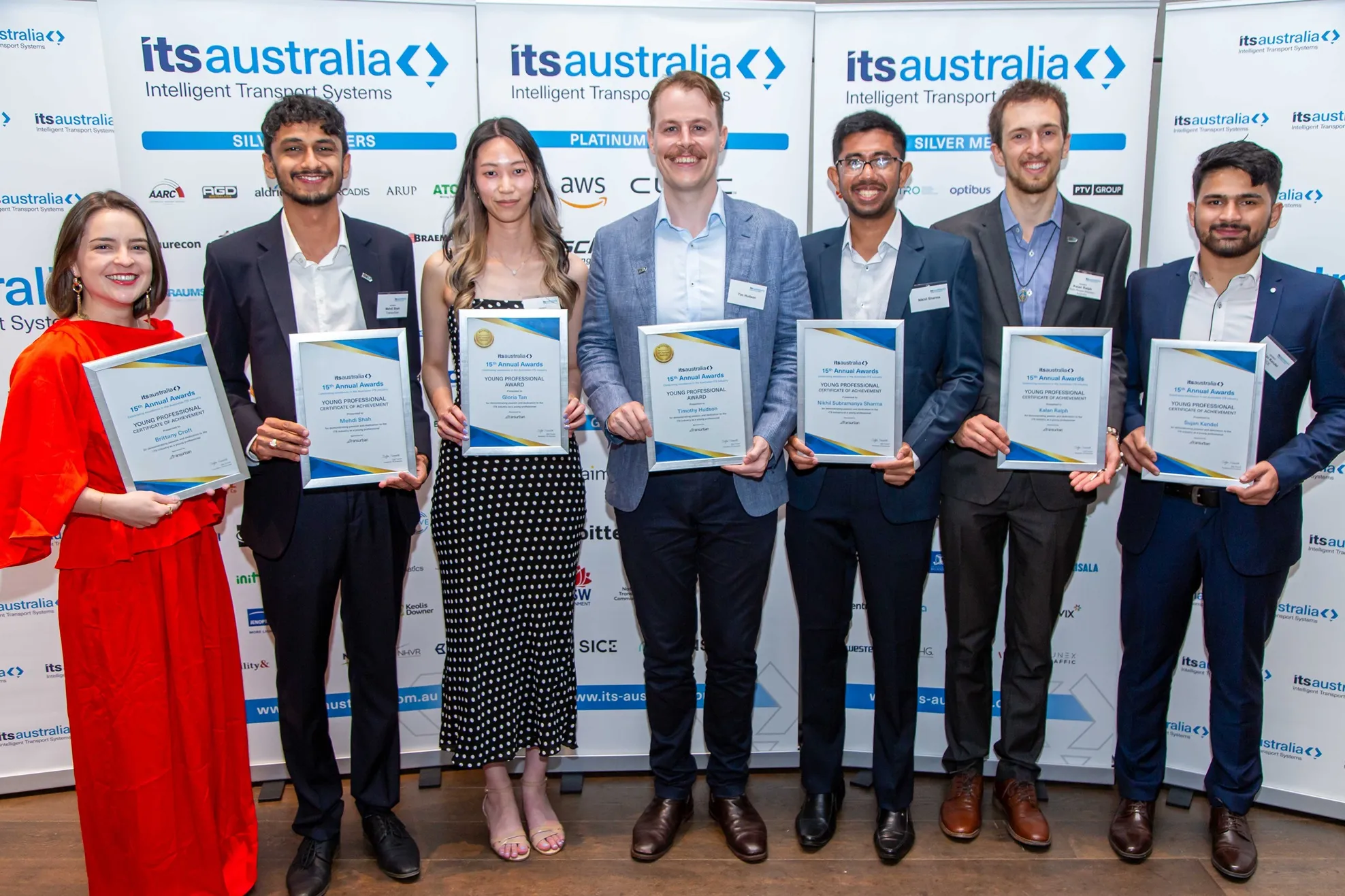Singapore’s
To address Singapore’s current and future transportation needs, Smart Mobility 2030 has identified three key strategies and four areas of focus. Sustainable smart mobility solutions are to be implemented to improve travel and traffic management, while emphasis will be placed on developing and adopting standards for the sharing of accurate transport data and the provision of reliable, timely and relevant information services. The plan also includes promotion of close partnerships among the public and private sectors.
Smart Mobility 2030 also focuses on the need to leverage ITS initiatives to provide high quality information to meet diverse needs, enhance travelling experience with smarter interactivity, create a safe and secure roadway environment and deliver a sustainable and environmentally friendly ITS.
Chief executive of the LTA, Chew Hock Yong, said: “In the past, ITS was often infrastructure-reliant. Today, greater emphasis is placed on data collection, analytics and the availability of relevant, useful information on the move. It is crucial to ensure that Singapore can effectively tap into technological advancements and map out the overall direction for ITS developments in the next 15 years. Hence, LTA and ITSS came together to outline the new ITS vision and strategies to facilitate collaborations between various stakeholders and bring urban mobility to a new level.”
Sing Mong Kee, president of ITSS added, “Over the years, LTA has leveraged on technology and successfully deployed many innovative ITS solutions to manage traffic more efficiently. Besides LTA, stakeholders such as fleet operators, service providers, government agencies, motorists and commuters can play a more significant role in helping to keep our road network flowing. With this in mind, LTA and ITSS have embarked on the new ITS vision and strategies outlined in the Smart Mobility 2030 to enable stakeholders to collaborate and to share their views, information and technological know how.”
Singapore's LTA unveils ITS master plan
Singapore’s Land Transport Authority (LTA) and the Intelligent Transportation Society Singapore (ITSS) have jointly launched Smart Mobility 2030, the country’s master plan outlining how its intelligent transport systems (ITS) will develop over the next 15 years. Its goal is to optimise transport systems and to enhance commuter travel experience across Singapore with the latest ITS initiatives and advancements in transport technologies. To address Singapore’s current and future transportation needs, Smart M
August 7, 2014
Read time: 2 mins









